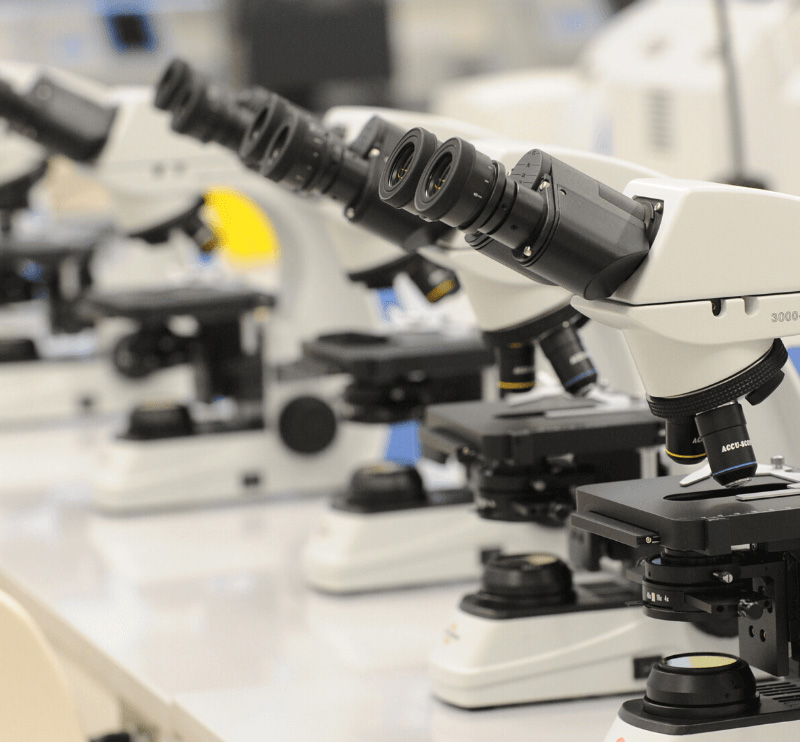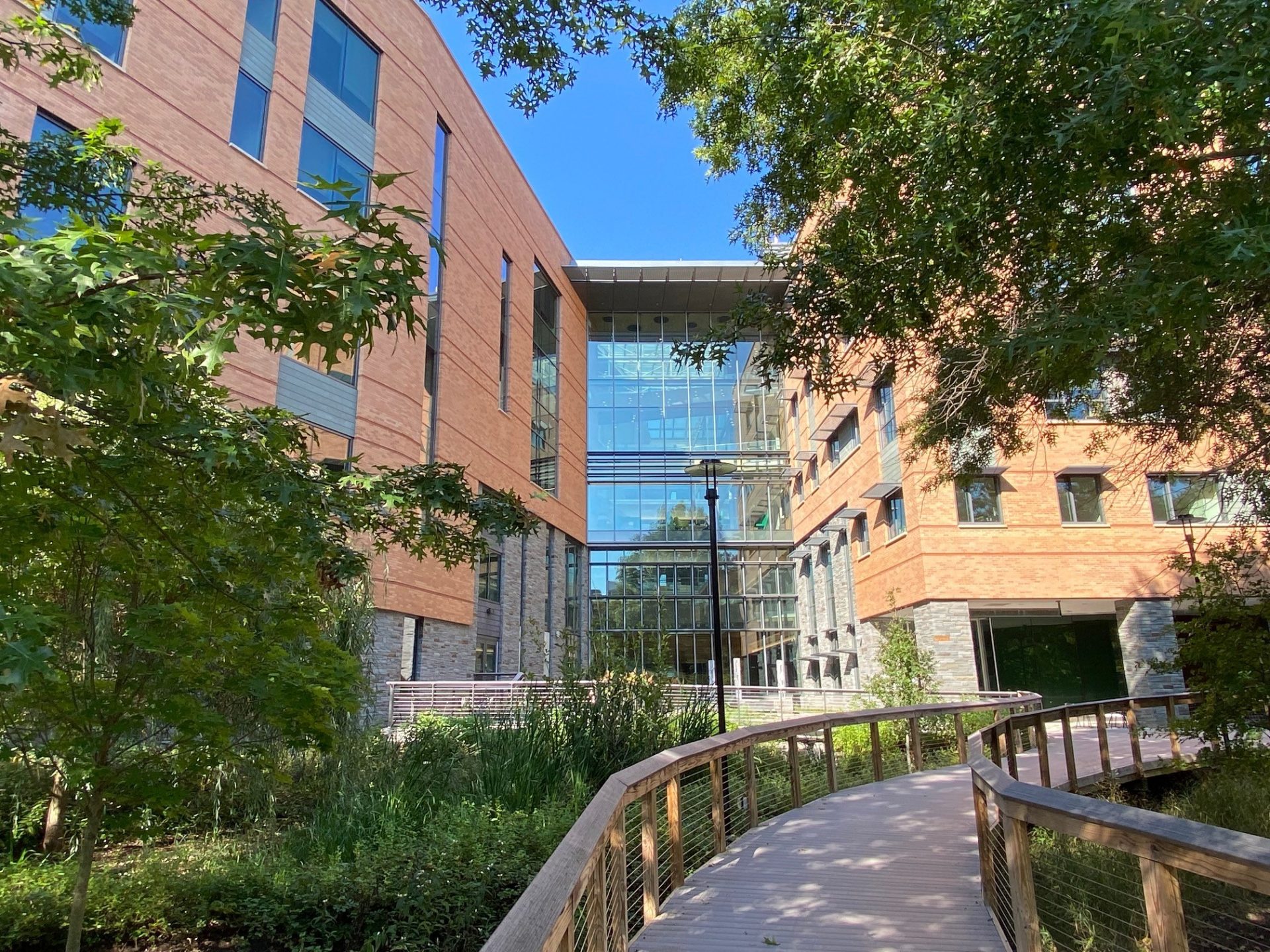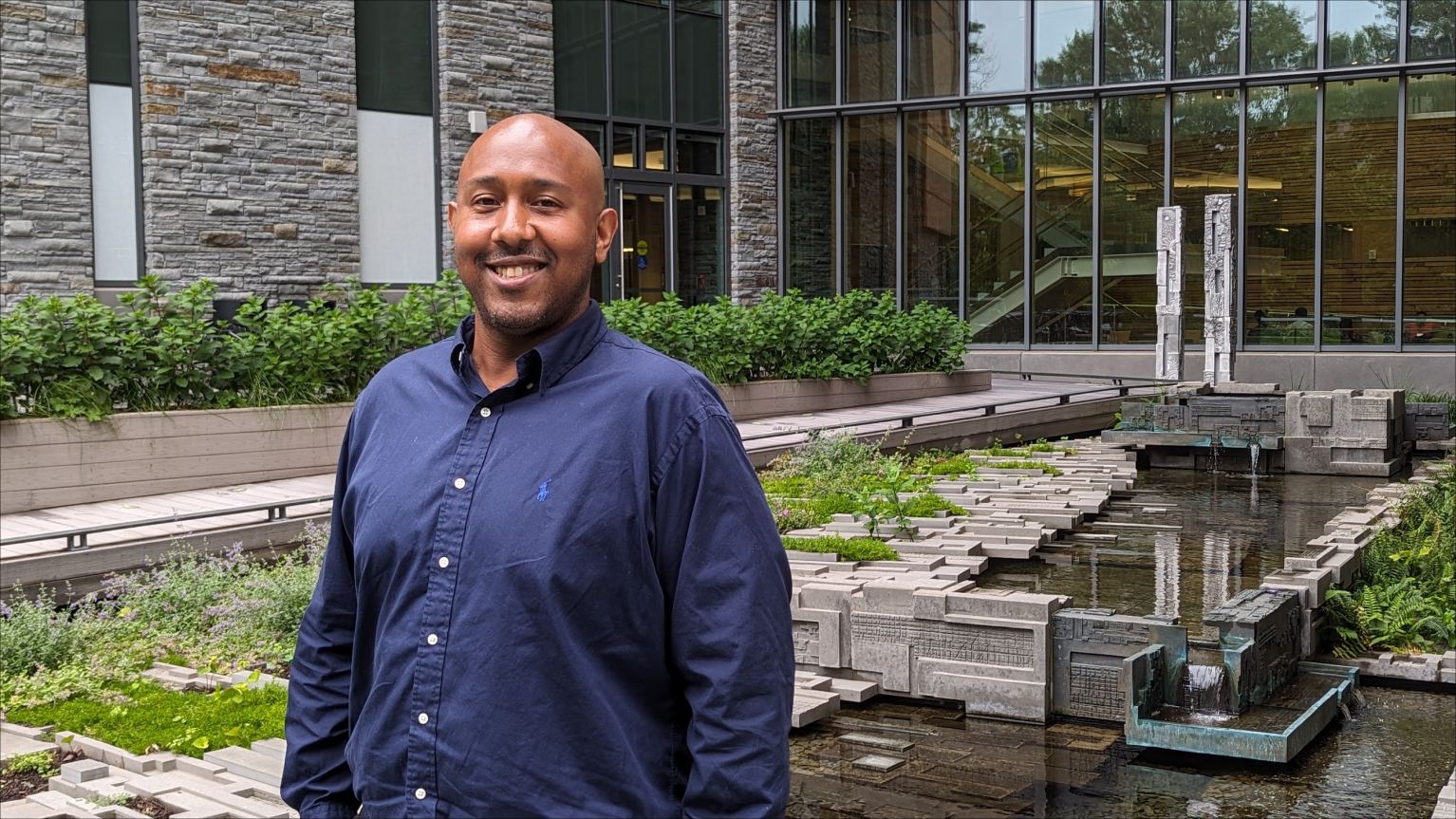The Biocomputational Engineering degree is a newly established program designed to address the growing need for engineers who have a solid foundation in both the physical and biological sciences as well as computation and data science.
Learn More Chat with a program representative
About Biocomputational Engineering
Solutions for today’s most pressing public health challenges lie at the interface of biology and computer science. Biocomputational engineering is an emerging field that merges bioengineering—a discipline grounded in the fundamentals of physics, chemistry, and biology—with computation and data science to make global advances in health and medicine.

Why Study Biocomputational Engineering at UMD?
The new bachelor of science in biocomputational engineering degree program will address the rapidly growing demand for engineers with expertise in both the biological sciences and computational methods. This program is geared toward transfer students from community colleges or four-year institutions. The curriculum offers junior- and senior-level courses within the new state-of-the-art Biomedical Sciences and Engineering (BSE) education facility at the Universities at Shady Grove. Graduates of this program will receive a B.S. degree in biocomputational engineering from the University of Maryland, College Park.

Program Admissions
Biocomputational Engineering Admissions Information
Students are welcome to apply for the Biocomputational Engineering program as transfer students from community college or four-year institutions. Prior to being admitted to the Biocomputational Engineering degree program, transfer students must complete the prerequisite math/science courses, lower-level General Education requirements (or an associate's degree), and a total of 60 credits.
Learn More Q&A with Dr. White
About the Field
What is biocomputational engineering?
In the biotech industry, biocomp engineers apply their knowledge of computer programming to analyze biological data sets and create new diagnostic technologies for the treatment and prevention of disease.
Watch the VideoBiocomputational Engineering Curriculum
The bachelor of science in Biocomputational Engineering will provide students with a breadth of fundamentals in biology and quantitative problem solving while developing skills in computation and data science. Students will apply these skills to the modeling of complex biological systems and the analysis of complex biological data sets in order to create new knowledge from the molecular to organ to system levels. The synthesis of bioengineering, computation, and data science gives the graduates unique capabilities to solve existing and emerging challenges of the modern medical world.
The major will require 120 credits for graduation, of which 60 are transferred into the program and 60 are completed at Shady Grove.









